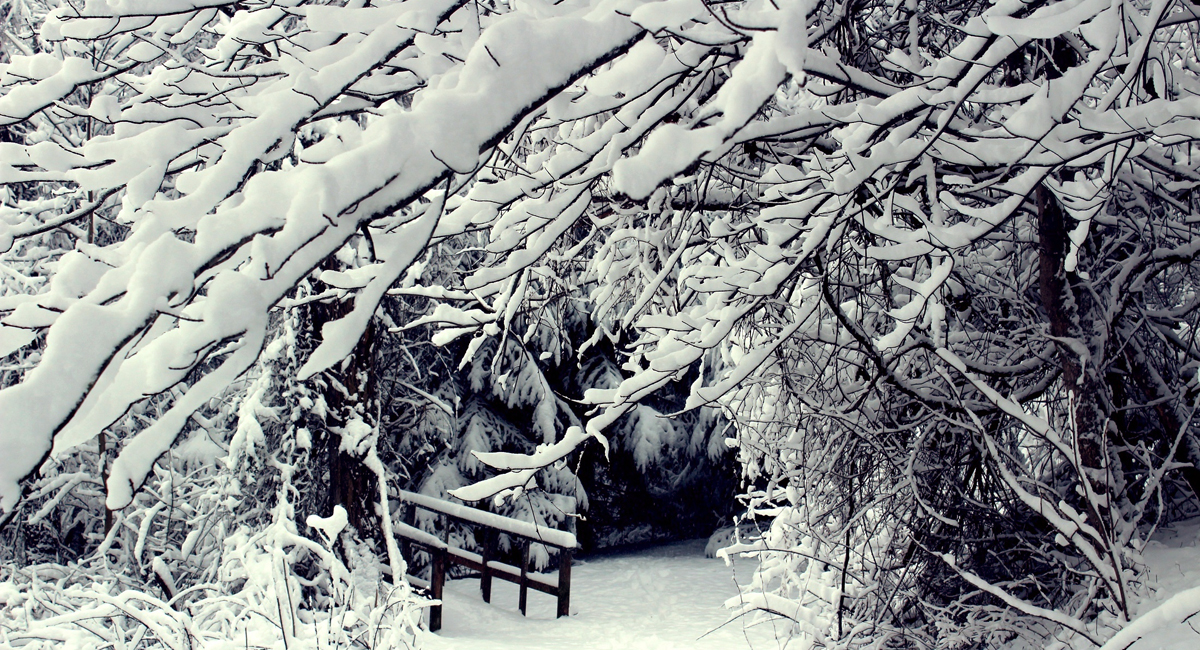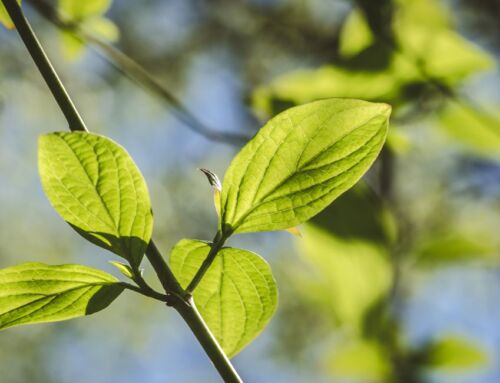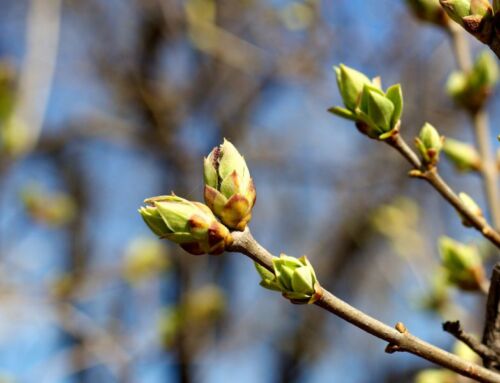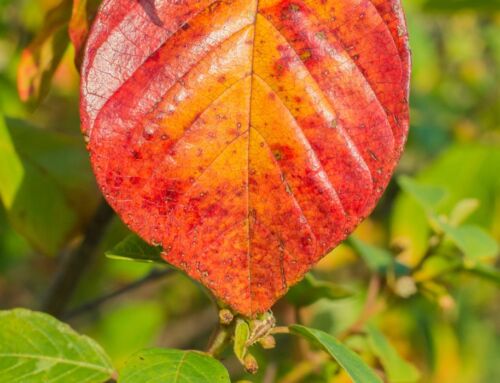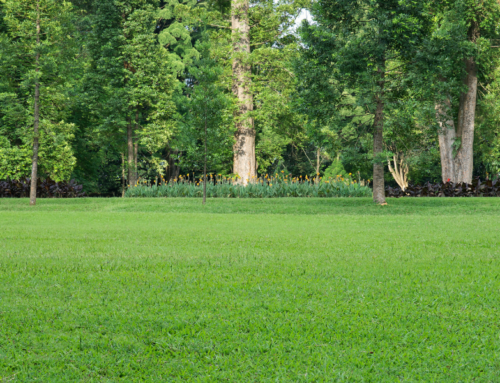The winter season can be brutally harsh for humans and animals alike, but it can also put a stranglehold on trees and plants.
As the temperature drops, it has numerous effects on the natural environment. It can dehydrate foliage, negatively affect tree bark, and even injure or kill branches, roots or plant shrubs. The actions of humans during such seasons — such as salting roads and sidewalks to the point of soil health detriment — are coupled with those of animals, who unknowingly affect plant life by feeding on bark and twigs as food resources due to shortages.
Salt damage, in particular, can be a silent killer of sorts. You will not notice the possible effects right in front of your eyes, but after days and weeks and even months in some cases, that salt will migrate to different parts of trees and, in turn, negatively impact the overall health of such specimens.
Other things during winter that can leave your tree and shrubs in bad shape include a lack of hydration, due to sun and wind and not being able to replenish due to frozen roots; trees become depleted due to frigid temperatures and a lack of sunlight, affecting tissue negatively while not being able to replace chlorophyll in midday sunlight; and aspects like dead or frozen branches can pose physical and even life-threatening risks.
We at Camelot strongly advise you to call us and our professionals. We can properly tend to your dormant branches so that they not only survive what are often unbearable temperatures throughout the winter season, but also are strong enough to survive and then thrive into the spring, when temperatures increase and the nutrients come to the roots in the best ways.
Call us today and one of our arborists will properly identify any concerns on your property. When it comes to tree and plant health, it’s always better to be safe than sorry. (313) 884-1699

